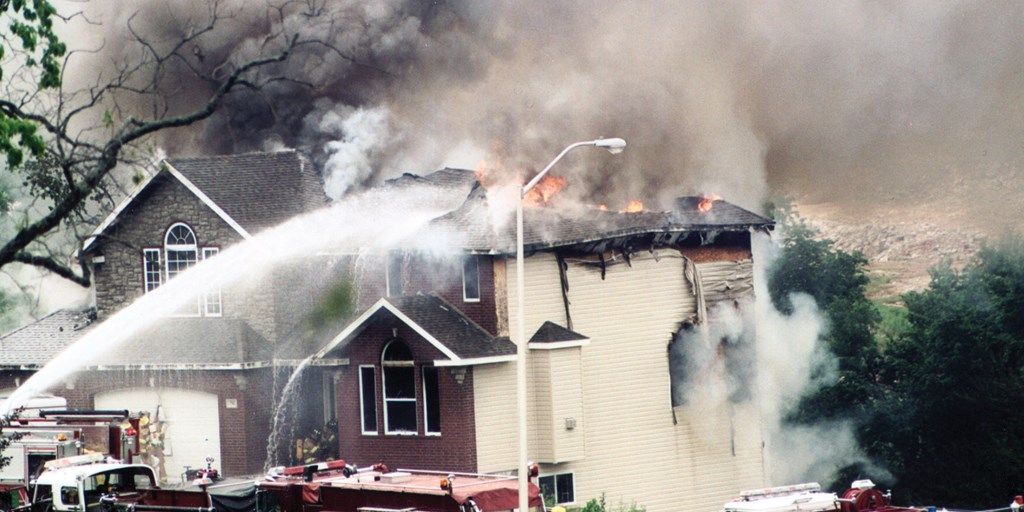
In the wake of a house fire, homeowners are met with a myriad of challenges. Among them, navigating the insurance claim process is often one of the most daunting.
The process is filled with jargon, paperwork, and nuances that can be overwhelming to most. One of the key aspects to understand is the role of adjusters.
You might have heard of both public adjusters and insurance adjusters, but what are the differences? Let's dive in.
1. Basic Definitions
- Public Adjuster: A public adjuster is a licensed professional hired by the policyholder (that's you, the homeowner) to assist with an insurance claim. They advocate on behalf of the policyholder, working to get the maximum possible settlement.
- Insurance Adjuster (or Company Adjuster): An insurance adjuster is employed by the insurance company to assess the damage and determine the amount they will pay out for the claim. They represent the insurance company's interests.
2. Whose Interests Do They Serve?
- Public Adjuster: Their primary loyalty is to the policyholder. They are paid directly by you, and their primary objective is to maximize your claim's payout.
- Insurance Adjuster: Their allegiance lies with the insurance company. While they are tasked with providing an accurate estimate, they also work to ensure the insurance company doesn't pay out more than it needs to.
3. Payment Structures
- Public Adjuster: Typically paid a percentage of the claim amount. This ensures that their interests align with yours – the larger the settlement, the more they earn.
- Insurance Adjuster: Salaries or wages are paid by the insurance company. They might receive bonuses or incentives, but their payment is not directly influenced by the claim amount.
4. Licensing and Regulation
Both public adjusters and insurance adjusters need to be licensed, but the requirements and oversight can vary:
- Public Adjusters: They are usually licensed by the state's Department of Insurance. They often need to meet educational requirements, pass an examination, and maintain their license with continuing education.
- Insurance Adjuster: They also need to be licensed, but the specifics can vary from one company or state to another.
5. When to Use Which Adjuster?
- Public Adjuster: Consider hiring a public adjuster if:
- Your claim is substantial.
- You feel the settlement offered by the insurance company is inadequate.
- You don't have the time or expertise to handle the claim process yourself.
- The claim process becomes adversarial.
- Insurance Adjuster: They will be automatically involved when you file a claim with your insurance company.
6. Benefits and Potential Drawbacks
- Public Adjuster:
- Benefits: They can often secure higher payouts, handle much of the claim legwork, and provide peace of mind.
- Drawbacks: They come with a cost (a percentage of your claim payout), and not all public adjusters offer the same level of service.
- Insurance Adjuster:
- Benefits: No direct cost to the policyholder.
- Drawbacks: They might offer lower initial settlement amounts, and there's a potential conflict of interest since they represent the insurance company.
House fires are undoubtedly stressful, and the claim process can add to this stress. By understanding the roles of public adjusters and insurance adjusters, you're better equipped to navigate the insurance landscape.
While an insurance adjuster is automatically involved in the process, a public adjuster can be a valuable ally, especially for substantial or complicated claims. Make informed decisions, and remember: your home is an investment, and securing the right compensation is crucial for your recovery journey.
Choosing the right public adjuster is critical. Sill Public Adjusters is the leading firm in the industry, having been in business for more than 90 years. Our team handles hundreds of insurance claims each year, and we have successfully settled claims with almost every insurance provider in the business.
If you experience any type of property damage, you can contact Sill 24/7 by calling 844.650.7455.